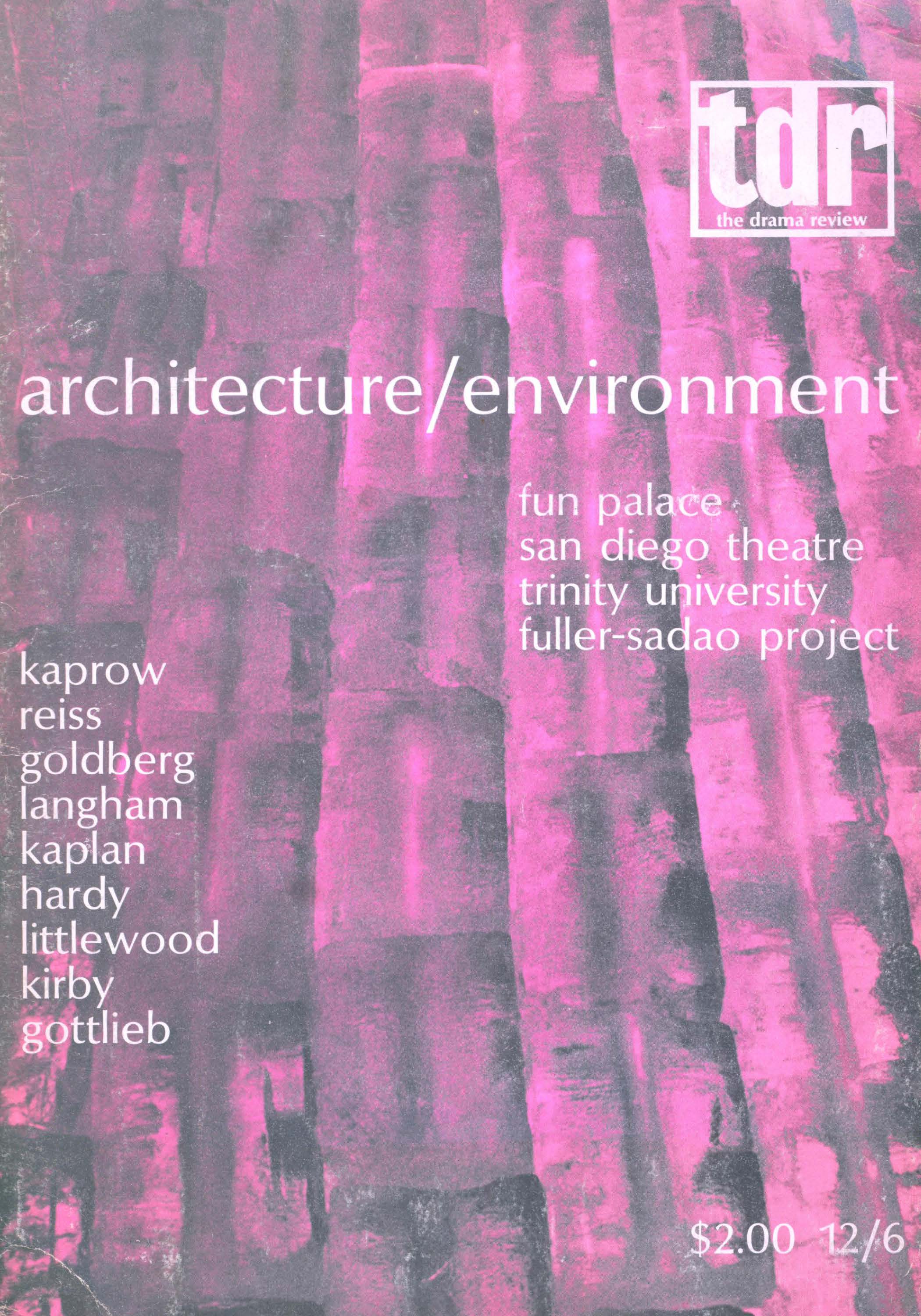Article contents
Structural Analysis/Structural Theory
Published online by Cambridge University Press: 07 December 2021
Extract
Webster defines “analysis” as “a separating or breaking up of any whole into its parts so as to find out their nature, proportion, function, relationship, etc.” “Theory” is defined as “an idea or mental plan of the way to do something.” Thus intellectual analysis involves the creation of a system of ideas by which an existing phenomenon can be “separated” or “broken up” mentally; theory provides an intellectual base for the creation of phenomena. Theatrical analysis examines existing or historical performance; theatrical theory provokes and originates performance.
Since both the analysis and theory of theatre involve more or less coherent systems of ideas, analysis and theory might be thought to be identical or interchangeable. Analytical systems might be expected to be useful for creating performance; theoretical systems might be supposed to function as well for analysis as they do for creation.
Information
- Type
- Theatrical Theory
- Information
- Copyright
- Copyright © 1976 The Drama Review
- 1
- Cited by

